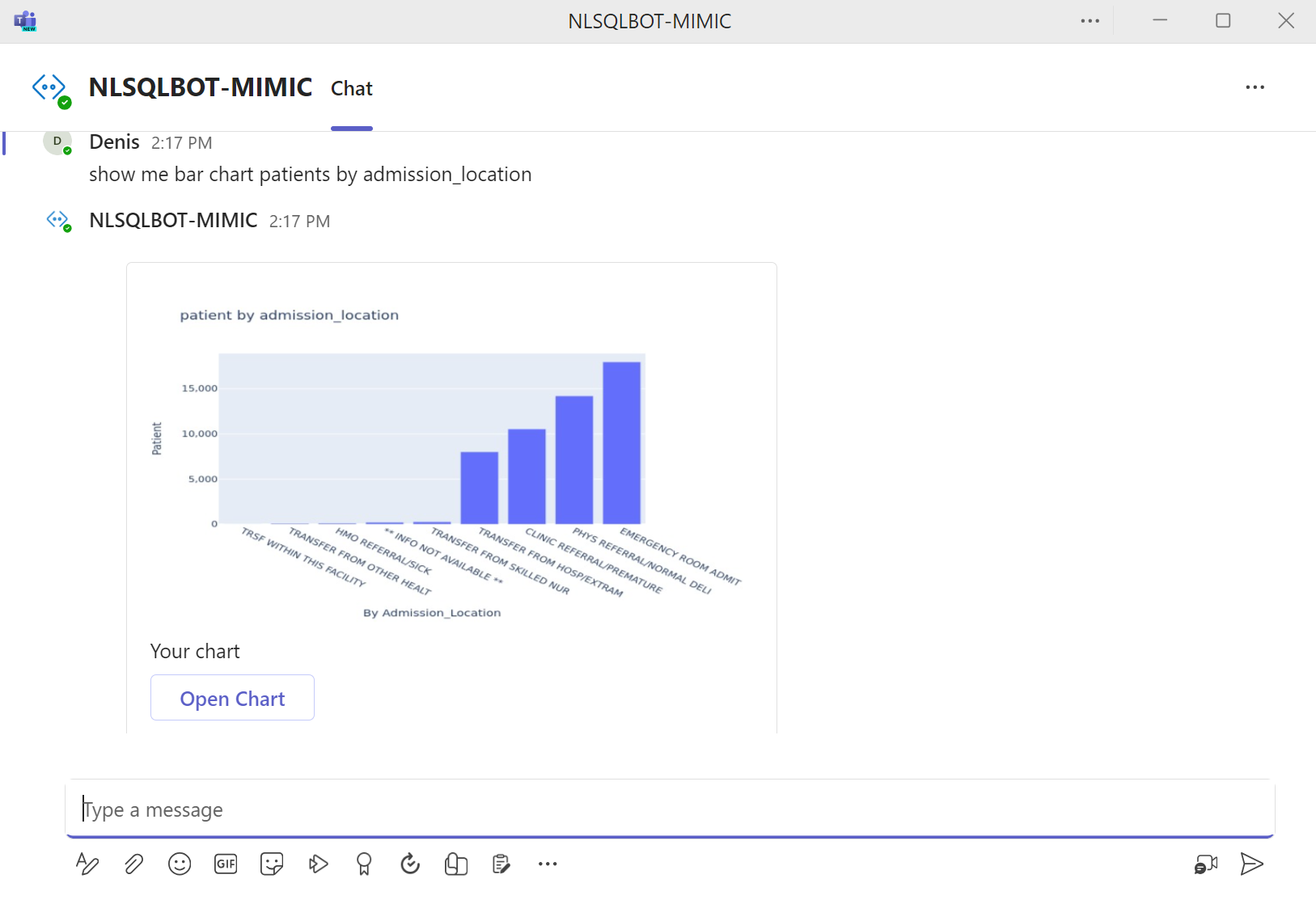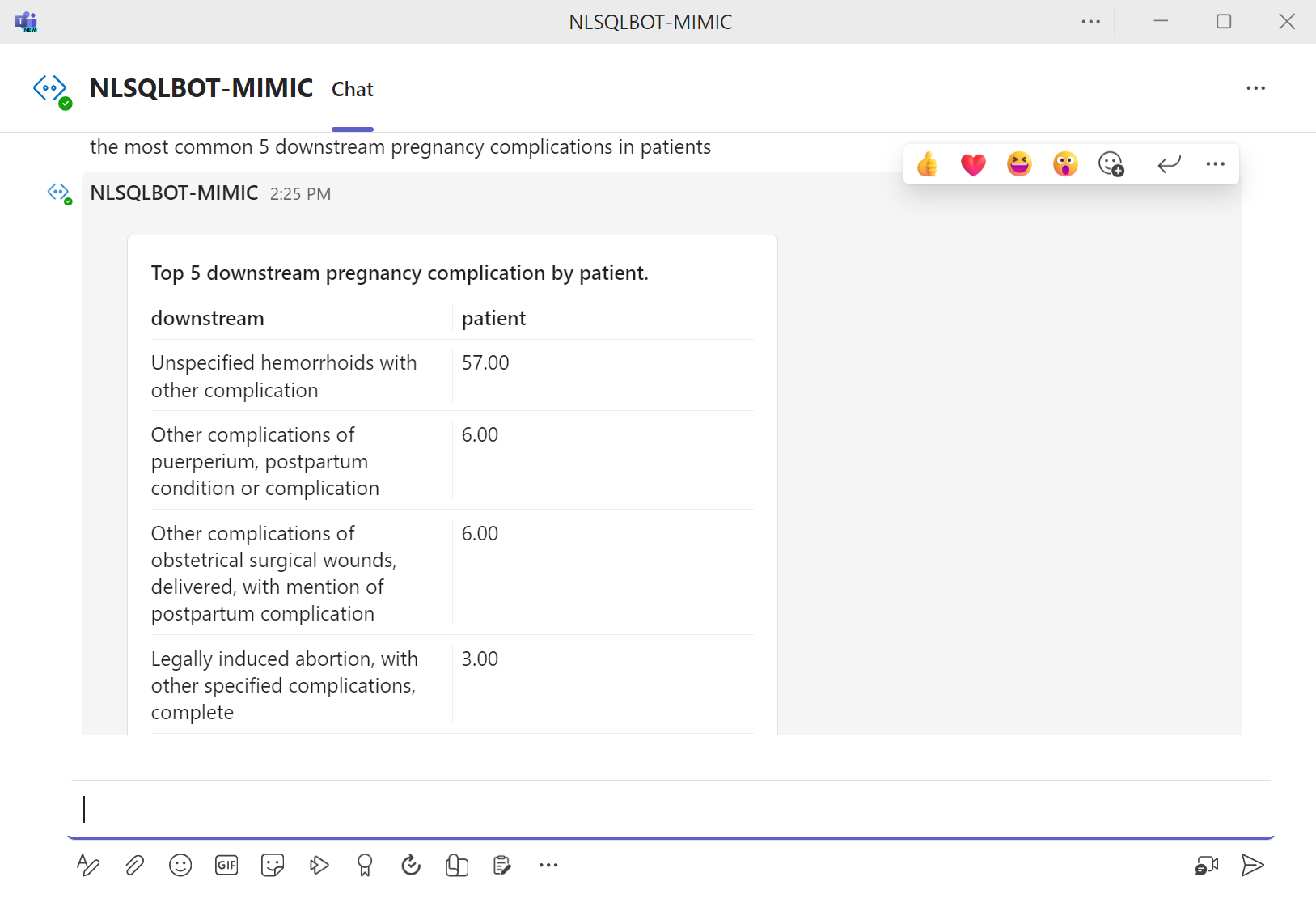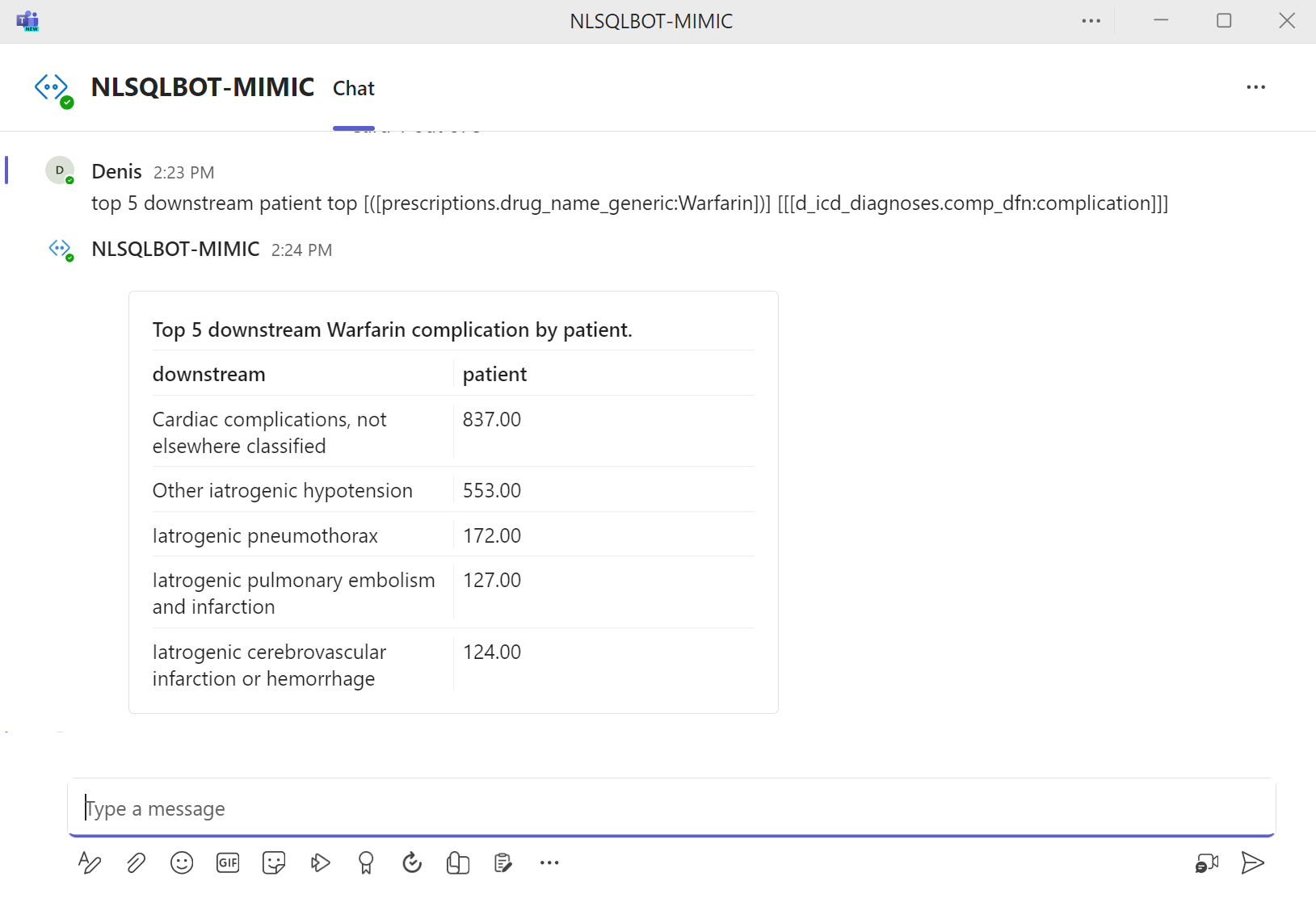NLP for Big Data Analytics in Healthcare
The healthcare industry is experiencing an unprecedented influx of data, thanks to the rapid advancements in technology and digitalisation. The ability to analyse and make sense of this big data is crucial for healthcare providers to improve patient outcomes, streamline operations, and reduce costs. Natural Language Processing (NLP) is one such technology that has shown immense promise in transforming the way healthcare organisations manage and analyse their data.
The Intensive Care Unit (ICU) is a critical department in hospitals where patients with severe and life-threatening illnesses or injuries are monitored and treated. To ensure the best possible outcomes, clinicians must be highly vigilant and proactive in identifying potential complications and making informed decisions. The recently developed tool by NLSQL provides clinicians with timely and accurate information on potential downstream complications. In this blog post, we will explore how this cutting-edge technology can help doctors in early detection and mitigation of downstream complications due to timely reports.
Early Detection of Bacterial Infections, these infections can be life-threatening if not treated promptly. The NLSQL Teams App can analyse vast amounts of clinical data, including patient records, lab results, diagnosis, medications and medical literature, to identify potential downstream complications with bacterial infections. By providing this information to the clinicians, they can initiate targeted antibiotic therapy, potentially preventing the infection from progressing and improving patient outcomes.
Another example is the close monitoring and control of arterial blood pressure, particularly in patients at risk of iatrogenic hypotension, a downstream complication that can lead to organ failure or even death. At our prototype operation on top of MIMIC dataset, we detected that iatrogenic hypotension is the second most common downstream complication for patients who had warfarin.
For instance, a patient with a warfarin prescription may require hourly monitoring of their arterial blood pressure to prevent iatrogenic hypotension.
NLSQL integration into hospital ICU system has the potential to significantly improve patient outcomes by providing clinicians with timely and accurate information on potential downstream complications. This innovative approach can help save lives and reduce the burden on ICU staff. As the field of Artificial Intelligence continues to advance, we can expect to see even more groundbreaking applications in healthcare, transforming the way we diagnose, treat, and prevent diseases.


